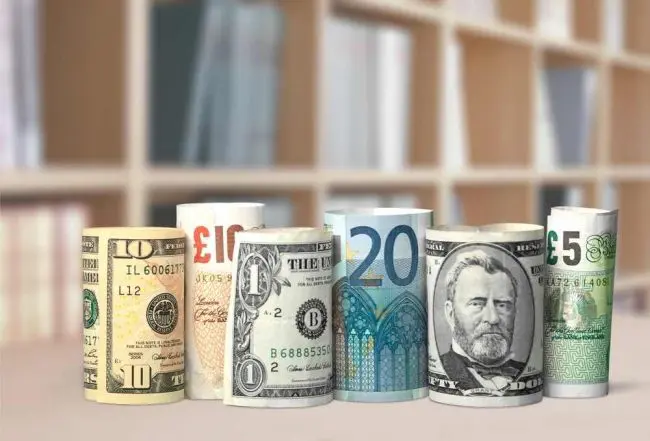The decision of the British electorate on the 23rd June to leave the European Union sent shockwaves through a number of quarters, as companies, agencies and ordinary people adjust to this new model of politics and organisation.
One area that has experienced its own share of these reverberations is in forex markets, where investors and traders alike are reacting to increased volatility and uncertainty. Another is gambling, both in terms of betting on political outcomes, and on the performance of different financial and currency markets.
This has been good news for bookmakers and financial exchanges alike. But what do these two separate industries have in common, and how has the Brexit decision affected companies, and their customers, within each space?
Forex and Gambling Similarities
The forex markets are the largest financial markets by volume in the world. They trade round the clock in currency pairs, with traders buying and selling respective currencies according to their near-term and long-term value prospects. While forex isn’t necessarily gambling in the same way as taking a spin on the roulette wheel, it does involve high levels of risks – particularly in times of uncertainty.
When traders invest in forex, they do so in highly leveraged positions. By covering a fraction of each trade, known as the margin, traders can obtain a form of short-term finance from their broker to enable them to take much larger positions. The net effect is that each incremental tick in a currency’s price is felt with much more weight on the size of the trader’s original investment, making it either hugely profitable or hugely loss-making, depending on the traded market and its direction of movement.
Professional forex traders would invariably reject the label of ‘gambling’, but in some respects there are clear similarities between the two. Compare forex trading to blackjack games – both the trader and the blackjack player approach the deal in a similar mindset.
They try to use the information available to them to make informed, probability-based decisions, and they risk their own money in the pursuit of returns on this basis. While blackjack players look at the cards on the table, forex traders look at the different data points available to them. In either case, there’s no way of knowing whether that risk will pay off, and in this sense, both forex and gambling share some commonality.
The Effect of the Brexit Decision
The decision to leave the European Union took the vast majority of commentators and analysts by surprise. In so doing, it sent the Pound spiralling downwards in what has since been characterised as a ‘flash-crash’, with Asian overnight trading the first to react to the news.
For forex traders, this was an unexpected twist, creating an air of uncertainty and unpredictability in the markets. This hasn’t been good news for everyone, and a huge number of investors will no doubt have lost millions on the turn of the Pound’s fortunes. But where there’s risk, there’s also opportunity.
Volatility can be dangerous for traders, but it’s an important part of enabling a market to be profitable. Without volatility, there is less movement in a currency market. At times of high volatility, fortunes can be won and lost on calling the next step correctly.
The same applies to those betting on financial markets outside of the markets themselves, and for those betting on the politics of it all. Money was made on Theresa May’s appointment as Prime Minister, and on various political outcomes that have come to light since the vote. This huge uncertainty and volatility across both the financial and political spheres has created significant openings for traders and gamblers alike, and an increasing number have turned their attention to these opportunities in search of a quick profit.
Good News All Round?
From the speculator’s point of view, it very much depends on their strategy as to whether the Brexit developments are a good news story. On the one hand, financial traders who were agile enough to respond to market changes may have been well placed to increase the value of their investments, or at least to avoid the effects of any significant correction. For those who called the referendum outcome ahead of time, there are no doubt significant gains being picked up along the way.
The same is true for gamblers, especially those backing a Leave win at the time of the referendum. Odds of up to 8/1 were available right up to the last gasp, with a Remain vote the odds-on favourite to win the day.
But while there have no doubt been some significant winners from all this, there have been (and will continue to be) losers as the markets continue to swing from one extreme to the other in attempting to price in this new reality. Both at the time of the referendum and on a daily basis, some investors and gamblers alike, by their very nature, will lose money in the market storm.
While much remains uncertain, one thing is for sure – Brexit has been good news for bookmakers, financial trading exchanges and brokers. Those who are there to service the spike in demand take a profit from winners and losers, so can celebrate these developments and the broader uncertainty they create, no matter how individual gamblers and speculators perform in this difficult environment.


